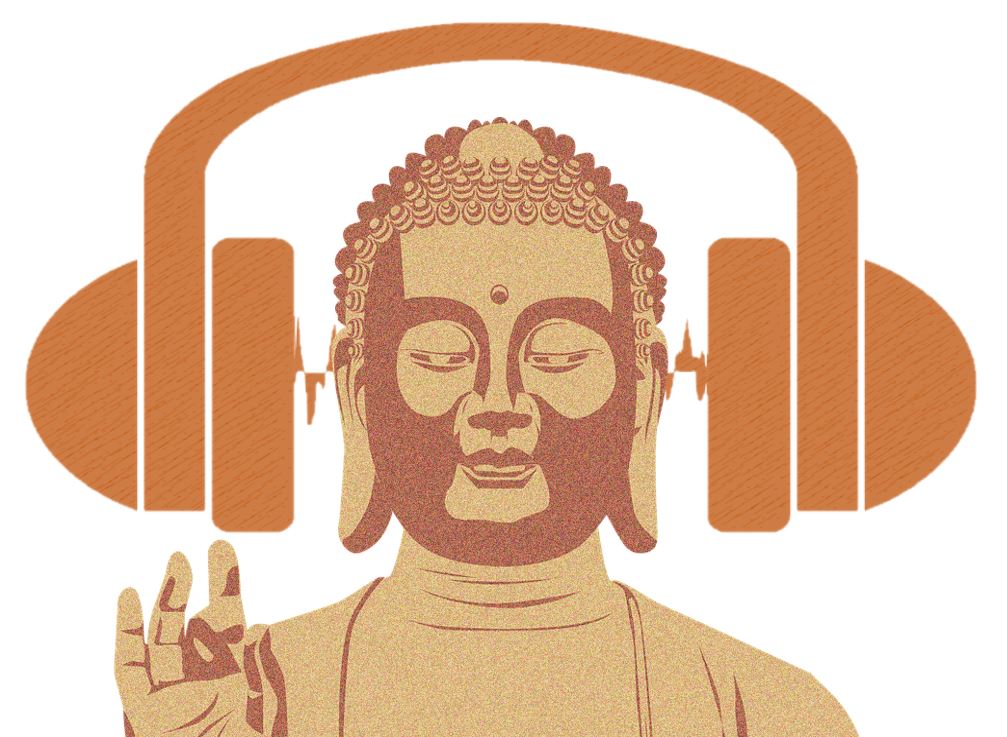
As the days wane and the nights get longer, Rich will bring reflections on the “greatest blessings” from the Maha-Mangala Sutta (Sutta Nipata 2.4 translated by Narada Thera). This beloved sutta reminds us that, even in the midst of loss and grief, our ordinary lives contain so many sources of happiness. In balancing our awareness of suffering with the uplifting conditions in life, we come closer to seeing things as they are. This awareness provides a balance to our daily life practice and a motivation for skillful action in the world.
Rich last offered a reflection on this sutta four years ago, as we moved into the Sacramento Dharma Center. Now that we are not able to be there in person, let’s bring these blessings to mind again.
